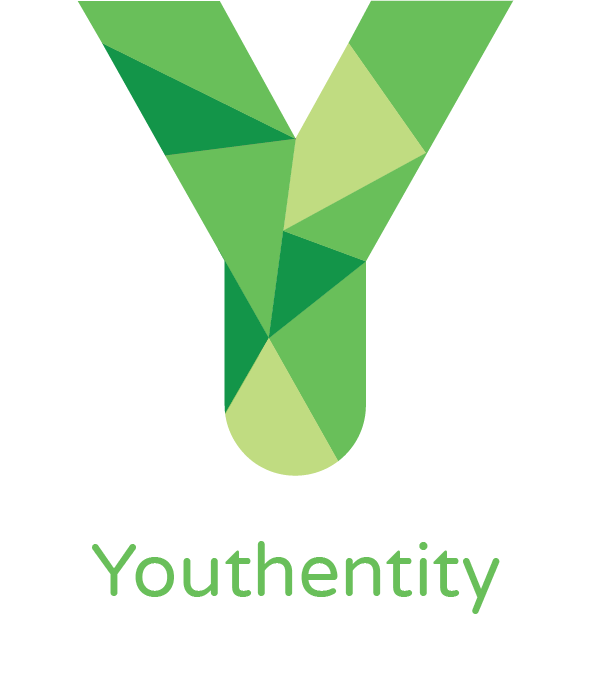When change is the only constant, is career planning worthwhile?
Plenty of us went through high school — and often on to college — carrying the idea of pursuing a certain profession or field of study. And, for many of us, attaining certifications and education necessary to join that field did not actually translate into a lifelong career doing exactly what we set out to do in those early years.
Along the way came 180-degree career changes brought on by a variety of shifting factors — family, financial, and lifestyle, among others — which begs the question: When change is the only constant, is planning a career path even worthwhile?
At Youthentity, we help young people to explore jobs and careers, encouraging them to discover and utilize individual strengths and interests, while considering important concepts of financial literacy. Just like financial planning, career planning doesn’t necessarily guarantee a future without changes or challenges. And, just like financial planning, career development is also a plan that acts as guardrails and provides accountability as we plot a path towards our own definition of success. A thoughtfully considered plan provides a guideline — not an unbreakable contract — and keeps us moving forward.
What does a solid career plan look like? A few of the key points included in our curriculum are:
Focus on gaining transferable knowledge throughout your career. This includes soft skills (leadership and emotional intelligence) as well as basic technical skills (competence with software commonly used in your field, for example). Take advantage of skills-building opportunities, and plan for continuing education, such as taking business classes at your local community college, industry conferences or utilizing a career coach.
One of the least-considered factors when planning careers is return on investment — something we heavily focus on when talking to our Career Academy students about their futures. It’s important to understand what to expect in terms of salary in those first several years in the field. It’s just as important to be honest about the kind of lifestyle you hope to achieve and how that shores up with your projected salary growth throughout your career. For those of us who may be more advanced in our careers, it may be worthwhile to ask if our current situation is meeting expectations and whether pursuing additional education or certifications can help progress our careers.
Maintain and grow your network, internally and externally. Not only are the people within your organization potential recommendations for your next employer or client, outside vendors or contractors are also a potential source of career growth and leads. Remember: Organizations don’t hire people, people hire people.
Examine the tasks and responsibilities that you enjoy in your current situation, and dig into the reasons why. Do you find that hands-on work keeps you engaged and motivated? Do you enjoy the support of a team, or are you more of a self-motivated worker? Do you thrive under pressure and variety, or do you seek a more stable and steadfast environment? Understanding how you prefer to work is an important part of designing a career.
Ideally, we would all perform this exercise of self-discovery earlier in our careers rather than later, but it’s never too late to revise the path forward. Creating a simple plan and putting goals into a written document can be amazingly cathartic and clarifying. Planning for the future is a lifelong practice, and regularly revisiting these goals will only increase the chance of success.
Kirsten McDaniel is the executive director of Youthentity, a Carbondale-based youth development nonprofit that offers career-exploration opportunities and personal, financial-literacy education to over 6,000 youth throughout Colorado. Read the column over at the Glenwood Springs Post Independent.
